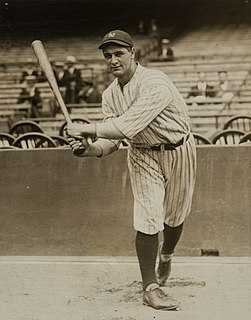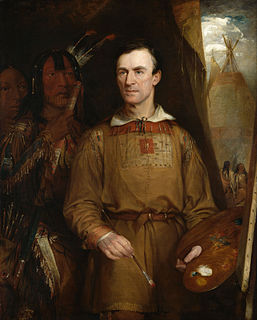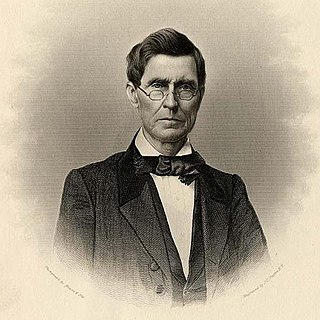A Quote by Roger Kahn
Carl Furillo was pure ballplayer. In his prime he stood six feet tall and weighed 190 pounds and there was a fluidity to his frame you seldom see, among such sinews. His black hair was thick, and tightly curled. His face was strong and smooth. He had the look of a young indomitable centurion ... I cannot imagine Carl Furillo in his prime as anything other than a ballplayer. Right field in Brooklyn was his destiny.
Related Quotes
Patch was dressed in the usual: black shirt, black jeans and a thin silver necklace that flashed against his dark complexion. His sleeves were pushed up his forearms, and I could see his muscles working as he punched buttons. He was tall and lean and hard, and I wouldn't have been surprised if under his clothes he bore several scars, souvenirs from street fights and other reckless behavior. Not that I wanted a look under his clothes.
Behold the Child among his new-born blisses
A six years' Darling of a pigmy size!
See, where 'mid work of his own hand he lies,
Fretted by sallies of his mother's kisses,
With light upon him from his father's eyes!
See, at his feet, some little plan or chart,
Some fragment from his dream of human life,
Shaped by himself with newly-learned art.
A telkhine was hunched over a console, but he was so involved with his work, he didn't notice us. He was about five feet tall, with slick black seal fur and stubby little feet. He had the head of a Doberman, but his clawed hands were almost human. He growled and muttered as he tapped on his keyboard. Maybe he was messaging his friends on uglyface.com.
When Heaven is about to confer a great office on a man, it first exercises his mind with suffering, and his sinews and bones with toil ; it exposes his body to hunger, and subjects him to extreme poverty ; it confounds his undertakings. By all these methods it stimulates his mind, hardens his nature, and supplies his incompetencies.



































